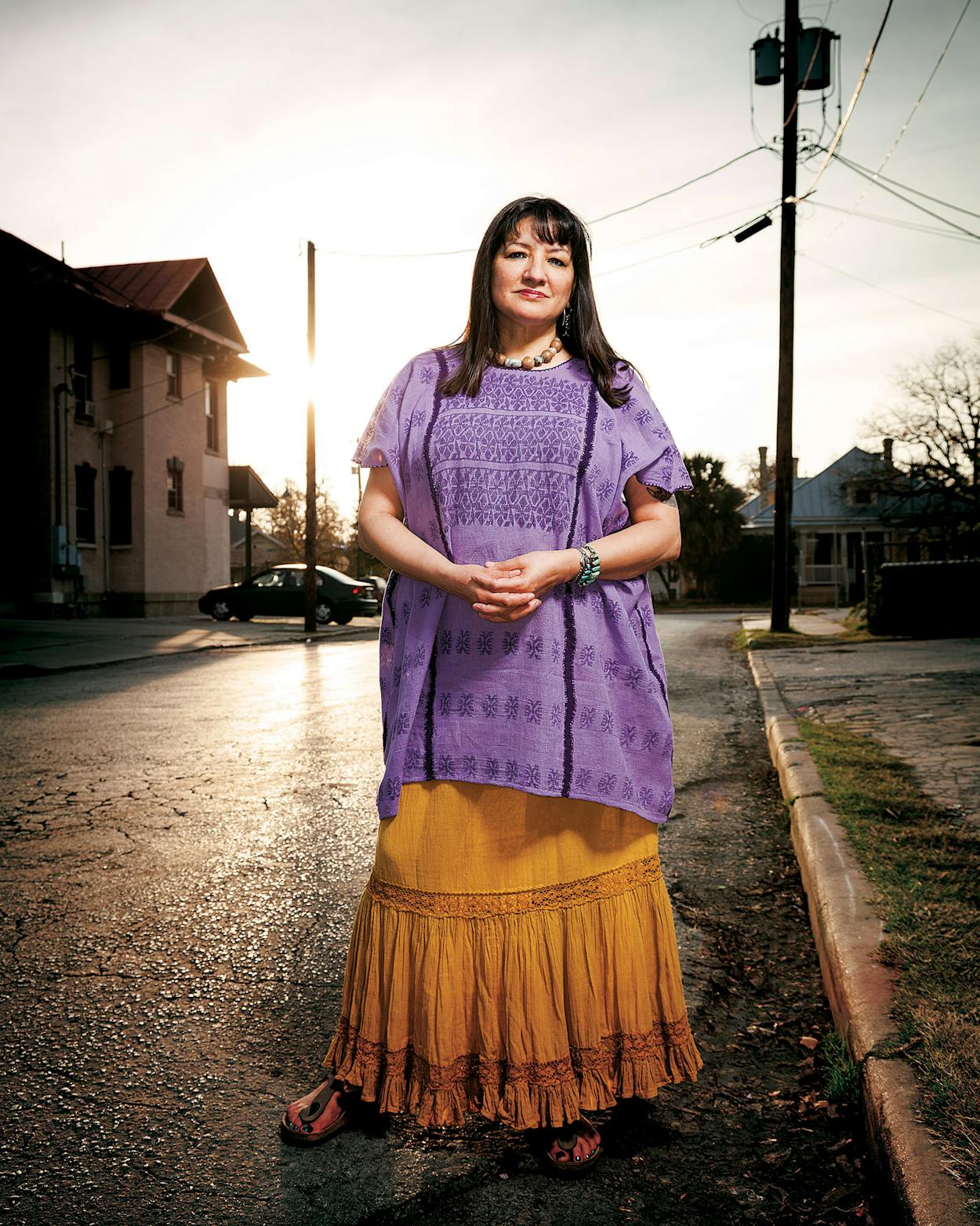The most important thing about this whole #MeToo movement is to have people listen. We don’t do very much of it in this age, as a country. Compassionate, present listening is an extraordinary medicine.
Listening allows a person who has been traumatized to separate themselves from the trauma, and validates that they did not bring the experience on themselves. You realize that you’re not the only woman who has gone through this, and from that perspective, you can say, “My crime was being young, my crime was being beautiful, my crime was being vulnerable.”
When I was fifteen, I worked in a photofinishing factory. I didn’t know at fifteen that older men would find me attractive, and I didn’t know that if someone did something against my will, I had any rights at all. There was an older gentleman who always said hello to me, who made me feel better by talking to me because I was very shy. One day, when I was leaving and he was coming in, he said, “Oh, today’s my birthday.” And I said, “Oh, happy birthday.” And he said, “Would you give me a birthday kiss?” In my culture, older men are like father figures who you respect, so I thought, I’m gonna give him a kiss on the cheek. He grabbed me and kissed me on the mouth in a very un-grandfatherly way, and then he laughed. I was traumatized. I had never dated anyone, the only other kiss had come from a boy on the street who had done the same thing to me, walking past and grabbing me. This older man grabbing me was my second. I felt so humiliated and stupid, and I thought, I’m such an idiot. I never talked about it until I wrote about it fifty years later, in The House on Mango Street.
When I write a story like that, I’m serving my community by telling our stories. That’s the role of every writer: to serve their community, whatever it is. If you don’t write it down, it’s like it never happened. We’re not in history as women if we don’t write it down.
What fiction does is allow you to get inside someone else’s skin and someone else’s life, and feel it very deeply in a way that a news story cannot do. It can allow people to experience viscerally what a victim would feel or what an abuser might feel. It allows you to step into someone else’s body and experience it as close as you can. That’s important because I write for a community that’s under the radar, that’s vilified when they are spoken about. My role as a writer is to give that voice to those who don’t have a voice. I’m doing a project right now where I’m listening to the stories of people who are not documented, and some of these stories have never been told to anyone. The pain of them telling me the story is as painful as me listening to it. The more you’re unable to talk about it, the more powerful it becomes. Each time you tell the story, it’s a way of moving yourself away from becoming the victim, and overcoming the experience. I’m doing a service of listening, and I hope that it’s helping them to find some place to recover from the event.
Women telling their story to anyone, even each other, is powerful. But when a person tells a trauma, that doesn’t fix it. It has to be told over and over. I think of traumatic experiences as like a little grain of sand and you’re the oyster: you tell that story, and each time, you put a layer of nacre on it. Otherwise, that little grain of sand is going to kill you. Finally, one day, you’ve told the story so many times that you understand it, and it can dislodge. It’s a pearl, something of beauty, and you can give it away.
Credit © 2018 by Sandra Cisneros. By permission of Susan Bergholz Literary Services, New York City and Lamy, N.M. All rights reserved.
To see resources about female mentorship, getting involved in local issues, and what to do if you experience sexual harassment, read here.
More from this collection
The Women’s Voices Project
In a series of as-told-to conversations, two dozen Texas women talk about gender, work, and what needs to change for women in their home state. Read their perspectives here.
- More About:
- Books






